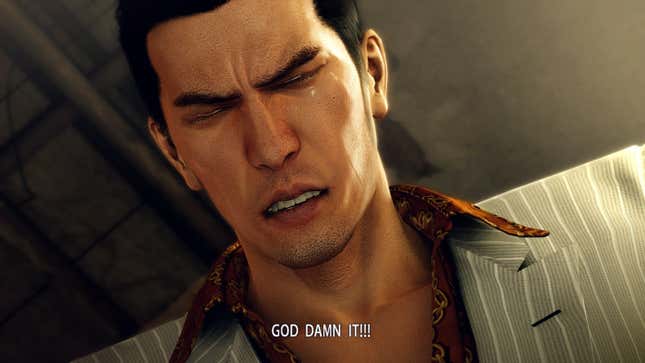
After being delayed by technical issues that resulted in a conference call full of screaming Fortnite children, the long-awaited Epic vs Apple court trial is finally underway this week. As part of the proceedings, Nintendo provided documents that include a publisher contract—though honestly, “include” might be a stretch.
Nintendo submitted 25 pages of nearly-nothing, blacking out the overwhelming majority of a Nintendo Switch content license and distribution agreement. As Kotaku’s Ethan Gach put it, “Nintendo’s Epic versus Apple court filings are more redacted than the Mueller report.” But Nintendo did leave one notable detail visible—namely, a stipulation that bars Japanese developers and publishers from working with the yakuza.
The agreement requires Nintendo partners to guarantee that neither they nor their employees are “Anti-Social Forces,” nor are they providing money or favors to said forces. Nintendo goes on to define “Anti-Social Force” by repeatedly using the term “Boryokudan,” which is what Japanese police and media call members of organized crime syndicates.
As defined in Nintendo’s contract (via some guy): “‘Anti-Social Force’ means an organized crime group (‘Boryokudan’), a member of a Boryokudan (‘Boryokudanin’), a sub-member of a Boryokudan (‘Boryokudan jyunkoseiin’), a corporation related to a Boryokudan (‘Boryokudan kanren gaisha’), a racketeer attempting to extort money from a company by threatening to cause trouble at the general stockholders’ meeting (‘Soukaiya’) or acting as if advocating legitimate social causes (‘Shakai undou nado hyoubou goro’), or a special intelligence organized crime group (‘Tokusyu chinou boryoku syudan’), or other group or person equivalent to any of the foregoing.”
The contract also forbids developers and publishers from making “violent demands,” using “threat or violence in connection with transactions,” and “spreading false rumors, using fraud or force.”
In short, it is unlikely that Kazuma Kiryu will be doing business with Nintendo anytime soon.